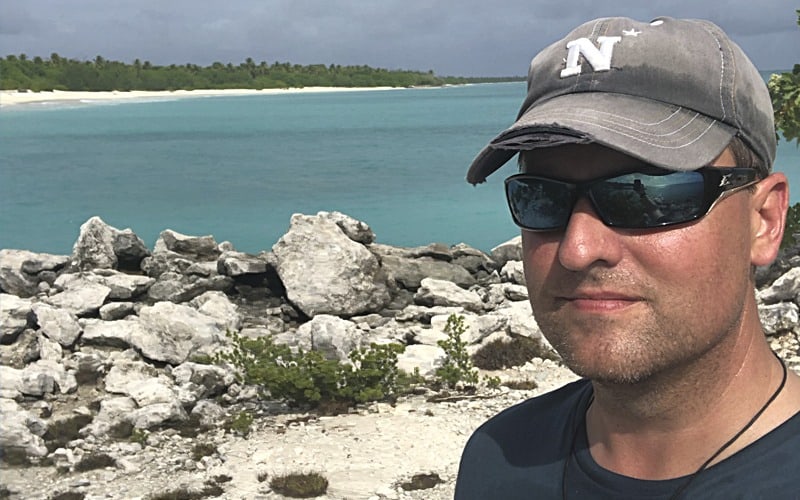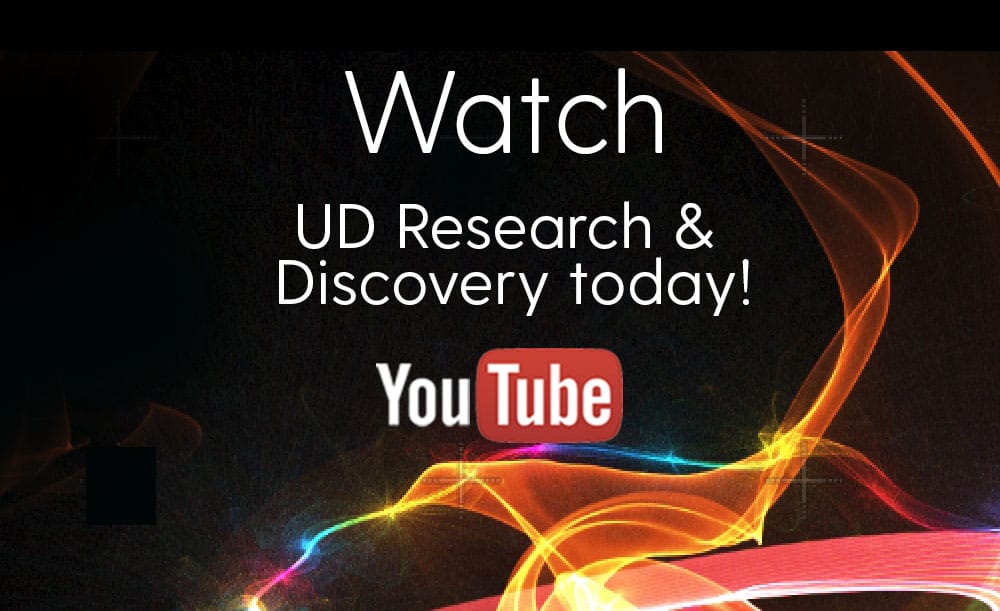RESEARCH
DISCOVERY
A Blog Devoted to UD Innovation, Excellence & Scholarship
COVID-19
When history goes viral
UD’s Department of History is finding teachable moments in the coronavirus pandemic
As the coronavirus (COVID-19) pandemic unfolds, a recurring refrain has been: “We are living through history.” The Department of History at UD is responding, in part, by having students journal their experiences in coronavirus lockdown. This will serve as an archive of the present moment while inspiring new research questions about the past.
Best wishes. Kind regards. Cheers.
In the world before COVID-19, any one of these would have been an appropriate way to conclude an email. But since the coronavirus pandemic? Sign-offs have adopted an equally polite — albeit ominous — tone. Forget “sincerely.” You are firmly in “stay healthy” and “keep safe” territory now.
So… what’s the big deal? With so many changes happening in the world at break-neck speed, who cares about something as innocuous as an email signoff?
It’s a fair question — or at least it would be, if this were only a matter of online etiquette. But, according to the experts, this is about something much bigger. This is about history unfolding in real time.
Centuries from now, academics might analyze these signoffs for a window into life during the Great Coronavirus Pandemic of 2020. They might examine journal entries or social media postings or — who knows? — that YouTube video of a guy playing tic-tac-toe with his turtle during a moment of quarantine-induced boredom. What humans put into the world during this unprecedented period is archival material. It will shape the coronavirus narrative for generations.
“This pandemic is a unique opportunity for all of us to become historians,” said Jaipreet Virdi, an assistant professor in the Department of History at the University of Delaware. “Everything around us is going to become a primary source.”
Along with her colleagues, Virdi has pivoted mid-semester and adapted her curriculum to reflect the current reality: Students are living through history, and teachable moments abound. In her course on the history of health activism, a recurring theme has been how major health crises have affected the lives of everyday people. Since the outbreak, students have become their own subjects. In place of a planned essay assignment, Virdi is having the class contribute to multiple Google Docs. In one, undergraduates are documenting life under quarantine — from what they are seeing in their neighborhoods to what they are eating to, yes, how they are signing their emails. Eventually, these documents might be submitted to Morris Library’s Special Collections and Museums as part of a local archive.





